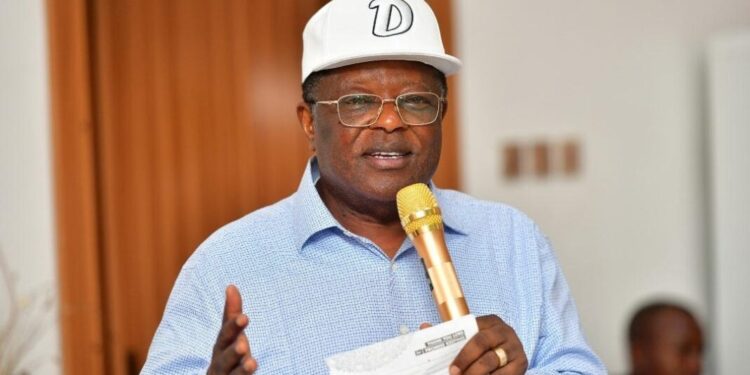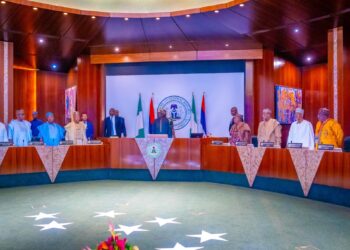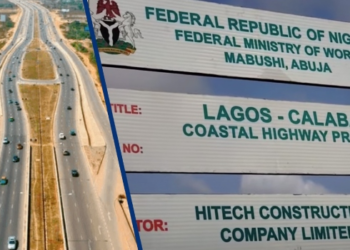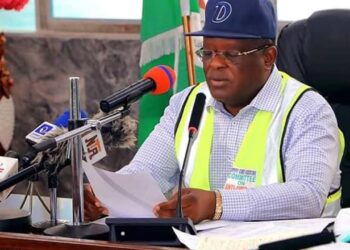The Federal Government has announced plans to redesign parts of the Lagos-Calabar Coastal Highway in Ondo, Delta, Rivers, Akwa Ibom, and Bayelsa states to reduce the number of bridges required.
This move is aimed at making the project more cost-effective while ensuring a good return on investment.
The Minister of Works, David Umahi, disclosed this during the Lagos-Calabar Coastal Highway stakeholder meeting in Lagos on Sunday.
He explained that the government decided to adopt an upland route for these sections of the highway to avoid constructing multiple bridges, some spanning up to 3 kilometres.
“For the sections of Ondo, the section of Delta, the section of Port Harcourt, the continuous section in Akwa Ibom and Bayelsa, we are confronted with a lot of bridges, some as long as 3 km. We don’t want to do that – that is going to cost us a fortune,” Umahi stated.
He added that by redesigning the road to follow an upland corridor, the government expects to eliminate about 90% of the bridges initially planned for these areas. This adjustment, he highlighted, is aimed at significantly reducing construction costs and enhancing the project’s financial viability.
More insight
Providing more information on other sections of the Lagos-Calabar Coastal Highway, the Minister of Works, David Umahi, stated that for Section 3 of the project, President Bola Tinubu approved the alignment through Cross River and Akwa Ibom states.
- He noted that Section 3 has been divided into two parts: Section 3A in Cross River and Section 3B in Akwa Ibom, covering a combined distance of 65 kilometres by 2 lanes.
- Umahi disclosed that contracts for these sections have already been awarded, and preparations are underway for the official flag-off.
He added that the flag-off ceremony is expected to take place either next week or the following week, signalling the commencement of construction activities in these areas.
What you should know
The Lagos-Calabar Coastal Highway is a 700-kilometer infrastructure project spanning nine states, designed to enhance connectivity and drive economic growth along Nigeria’s coastline.
- The federal government awarded the contract to Hitech Construction Company Ltd. under an Engineering, Procurement, Construction, and Financing (EPC+F) model. Under this arrangement, the contractor assumes most of the financial and construction risks, while the government provides counterpart funding.
- Construction officially commenced in March 2024 with the first phase, a 47.7-kilometer segment in Lagos State, beginning from Ahmadu Bello Way.
According to the Minister of Works, the entire highway is expected to be completed within eight years. He noted that multiple sections will be developed simultaneously as procurement, approvals, and other preparatory processes are finalized.
























